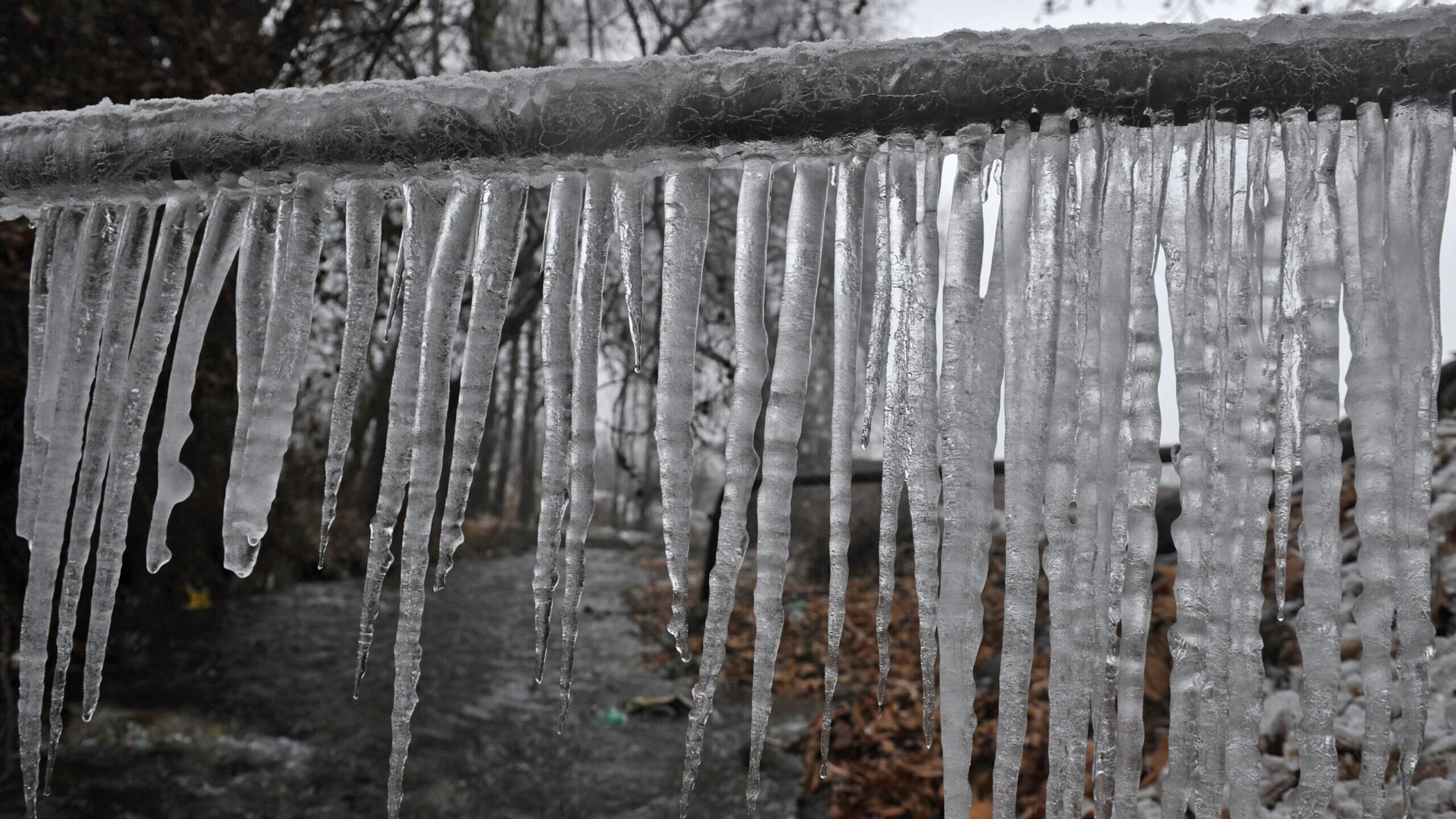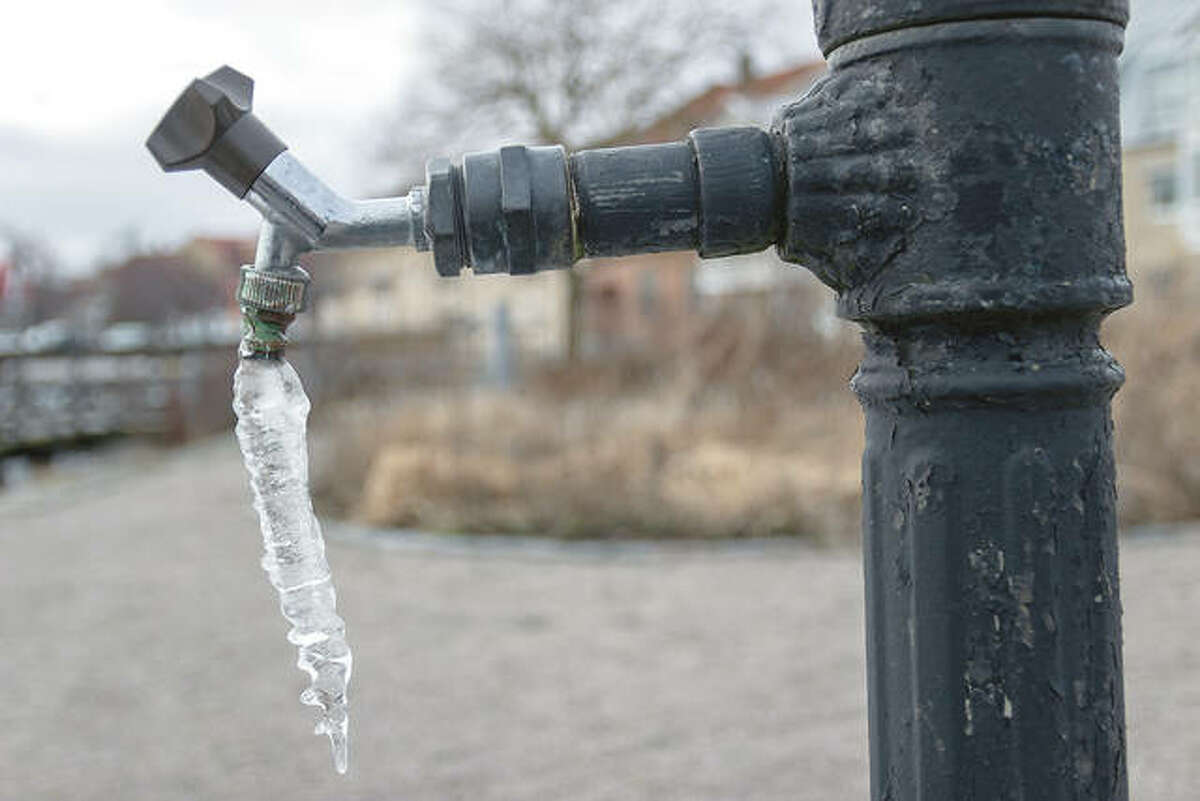Protecting Your Pipes from Cold Weather: Top Tips
Protecting Your Pipes from Cold Weather: Top Tips
Blog Article
The writer is making a few good annotation on Winter Plumbing Precautions: Preventing Frozen Pipes as a whole in the article which follows.

Cold weather can damage your plumbing, particularly by freezing pipelines. Below's exactly how to stop it from happening and what to do if it does.
Introduction
As temperature levels decline, the risk of icy pipes rises, potentially bring about pricey repair work and water damages. Comprehending just how to avoid icy pipes is important for house owners in cold environments.
Avoidance Tips
Insulating at risk pipes
Cover pipes in insulation sleeves or use heat tape to secure them from freezing temperature levels. Concentrate on pipelines in unheated or external locations of the home.
Home heating strategies
Maintain indoor rooms effectively warmed, particularly locations with pipes. Open cabinet doors to permit cozy air to flow around pipes under sinks.
Exactly how to determine frozen pipes
Look for lowered water circulation from taps, uncommon smells or sounds from pipelines, and visible frost on revealed pipes.
Long-Term Solutions
Architectural changes
Consider rerouting pipes far from exterior wall surfaces or unheated locations. Add extra insulation to attic rooms, cellars, and crawl spaces.
Upgrading insulation
Purchase top quality insulation for pipelines, attic rooms, and wall surfaces. Proper insulation assists maintain constant temperature levels and reduces the risk of frozen pipes.
Safeguarding Outside Plumbing
Garden hose pipes and outdoor taps
Disconnect and drain pipes garden hoses prior to winter. Mount frost-proof faucets or cover outside faucets with shielded caps.
Understanding Frozen Pipes
What causes pipes to freeze?
Pipes ice up when subjected to temperatures listed below 32 ° F (0 ° C) for prolonged durations. As water inside the pipes freezes, it increases, putting pressure on the pipe wall surfaces and potentially triggering them to burst.
Risks and problems
Frozen pipelines can lead to water system disturbances, residential or commercial property damages, and pricey repair services. Burst pipes can flooding homes and create considerable architectural damages.
Indicators of Frozen Piping
Identifying icy pipelines early can avoid them from bursting.
What to Do If Your Pipelines Freeze
Immediate activities to take
If you suspect icy pipes, maintain faucets available to alleviate stress as the ice melts. Make use of a hairdryer or towels soaked in hot water to thaw pipelines slowly.
Final thought
Preventing frozen pipelines needs positive procedures and quick reactions. By recognizing the causes, indicators, and safety nets, house owners can shield their pipes during cold weather.
Helpful Tips to Prevent Frozen Pipes this Winter
UNDERSTANDING THE BASICS: WHY PIPES FREEZE AND WHY IT’S A PROBLEM
Water freezing inside pipes is common during the winter months, but understanding why pipes freeze, and the potential problems it can cause is crucial in preventing such incidents. This section will delve into the basics of why pipes freeze and the associated problems that may arise.
THE SCIENCE BEHIND FROZEN PIPES
When water reaches freezing temperatures, it undergoes a physical transformation and solidifies into ice. This expansion of water as it freezes is the primary reason pipes can burst. As the water inside the pipe freezes, it expands, creating immense pressure on the walls. If the pressure becomes too great, the pipe can crack or rupture, leading to leaks and water damage.
FACTORS THAT CONTRIBUTE TO PIPE FREEZING
Low Temperatures: Extremely cold weather, especially below freezing, increases the risk of pipes freezing. Uninsulated or Poorly Insulated Pipes: Pipes located in unheated areas, such as basements, crawl spaces, or attics, are more prone to freezing. Insufficient insulation or lack of insulation altogether exacerbates the problem. Exterior Wall Exposure: Pipes running along exterior walls are susceptible to freezing as they encounter colder temperatures outside. Lack of Heating or Temperature Regulation: Inadequate heating or inconsistent temperature control in your home can contribute to frozen pipes. PROBLEMS CAUSED BY FROZEN PIPES
- Pipe Bursting: As mentioned earlier, the expansion of water as it freezes can cause pipes to burst, resulting in significant water damage.
- Water Damage: When pipes burst, it can lead to flooding and water damage to your property, including walls, ceilings, flooring, and personal belongings.
- Structural Damage: Prolonged exposure to water from burst pipes can compromise the structural integrity of your home, leading to costly repairs.
- Mold and Mildew Growth: Excess moisture from water damage can create a favorable environment for mold and mildew growth, posing health risks to occupants.
- Disrupted Water Supply: Frozen pipes can also result in a complete or partial loss of water supply until the issue is resolved.
WHY CERTAIN PIPES ARE MORE PRONE TO FREEZING
- Location: Pipes located in unheated or poorly insulated areas, such as basements, crawl spaces, attics, or exterior walls, are at higher risk of freezing.
- Exterior Pipes: Outdoor pipes, such as those used for irrigation or exposed plumbing, are particularly vulnerable to freezing as they are directly exposed to the elements.
- Supply Lines: Pipes that carry water from the main water supply into your home, including the main water line, are critical to protect as freezing in these lines can affect your entire plumbing system.
- Underground Pipes: Pipes buried underground, such as those connected to sprinkler systems or outdoor faucets, can be susceptible to freezing if not properly insulated.
https://busybusy.com/blog/helpful-tips-to-prevent-frozen-pipes-this-winter/

I'm very interested in How to Prevent Your Pipes From Freezing and I really hope you liked our entry. I beg you set aside a second to promote this post if you liked it. Thank you for going through it.
Schedule Service Pickup Report this page